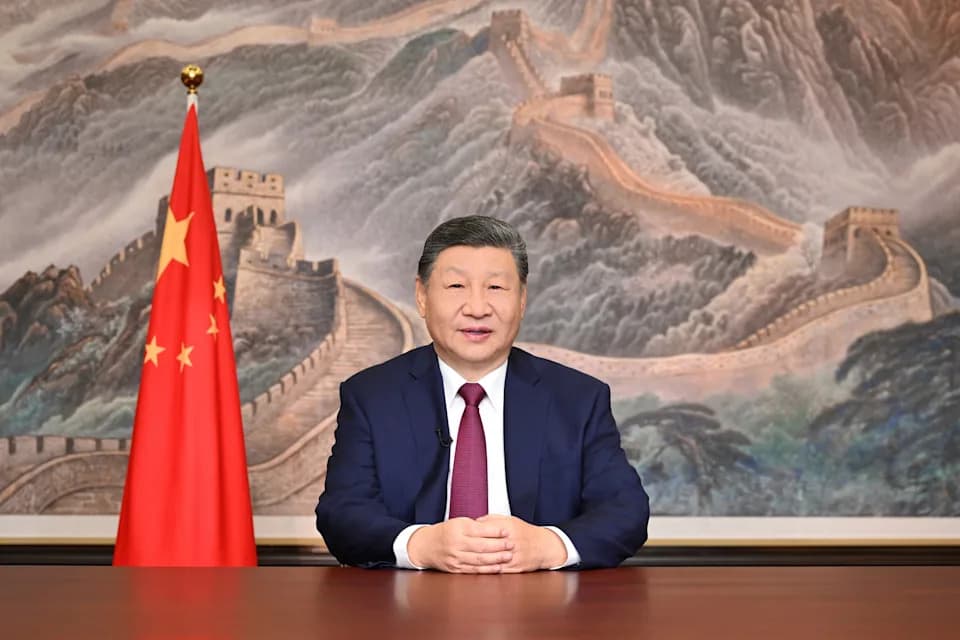Beijing's advisory urging citizens to avoid travel to Japan after Prime Minister Sanae Takaichi's remarks on Taiwan has led to major cancellations and market fallout. One Tokyo tour operator reported losing about 80% of its remaining bookings, while analysts warn tourism — roughly 7% of Japan's GDP — could lose about ¥2.2 trillion ($14.23bn) annually if the boycott persists. More than 10 Chinese carriers are offering refunds through Dec. 31, and an estimated 500,000 tickets have been cancelled. With both sides holding firm, the tourism sector faces an uncertain recovery.
China's Travel Boycott Deals Heavy Blow to Japan's Tourism Sector

Within days of Beijing advising its citizens not to travel to Japan amid a diplomatic dispute, a Tokyo tour operator said it had lost about 80% of its bookings for the remainder of the year. The sharp drop highlights how consumer pressure can quickly ripple through an economy that has leaned heavily on foreign visitors for growth.
The small agency, East Japan International Travel Service, primarily runs group tours for Chinese clients and says it is facing the brunt of a backlash that could inflict a significant setback on Japan’s tourism industry. The warning from China followed remarks by Japanese Prime Minister Sanae Takaichi about Taiwan — the democratically governed island Beijing claims — and has been followed by a cascade of flight cancellations and sharp falls in tourism-related share prices in Japan.
“This is a huge loss for us,”
said Yu Jinxin, vice-president of East Japan International Travel Service.
Economic impact
Tourism has become an important growth engine for Japan, accounting for roughly 7% of national gross domestic product, according to the World Travel & Tourism Council. Official figures show visitors from mainland China and Hong Kong make up about one-fifth of all arrivals, leaving the sector vulnerable to coordinated consumer actions.
Analysts warn the economic hit could be substantial if the boycott continues. Nomura Research Institute estimates a potential loss of around 2.2 trillion yen (about $14.23 billion) annually. More than 10 Chinese carriers have already offered refunds on Japan-bound routes through December 31, and one airline analyst estimated roughly 500,000 tickets have been cancelled so far.
Diplomatic flashpoint and cultural fallout
Takaichi’s comments to Japanese lawmakers earlier this month — that a Chinese attack on Taiwan posing a threat to Japan’s survival could prompt a military response — have produced the most serious diplomatic rift between the two regional powers in years. Aggressive public statements from a Chinese diplomat posted in Japan and critical coverage in Chinese state media aimed at Takaichi prompted Tokyo to advise its citizens in China to take extra safety precautions and avoid crowded places.
Beijing has demanded that Takaichi retract her remarks, while Tokyo says her comments reflect government policy, a stance that suggests a quick resolution is unlikely. Cultural and commercial ties have already felt the strain: China has suspended screenings of forthcoming Japanese films, and prominent Japanese entertainers popular in China have posted conciliatory messages.
“China is like my second homeland to me and all my friends in China are my cherished family—I will always support One China,”
posted Japanese singer MARiA on Weibo.
Outlook
Some travel operators say they have weathered past flare-ups, such as the 2012 protests after Japan nationalised disputed islands. But they warn a prolonged boycott this time could be far more damaging. “If this lasts for one or two months, we can manage, but if the situation continues to worsen, it will obviously have a major impact on our business,” Yu said.
The dispute underscores how geopolitics can quickly translate into economic pain for industries dependent on cross-border travel and cultural exchange. With neither side appearing ready to back down, the near-term outlook for Japan’s tourism recovery looks uncertain.
By Joseph Campbell and John Geddie
Help us improve.




























